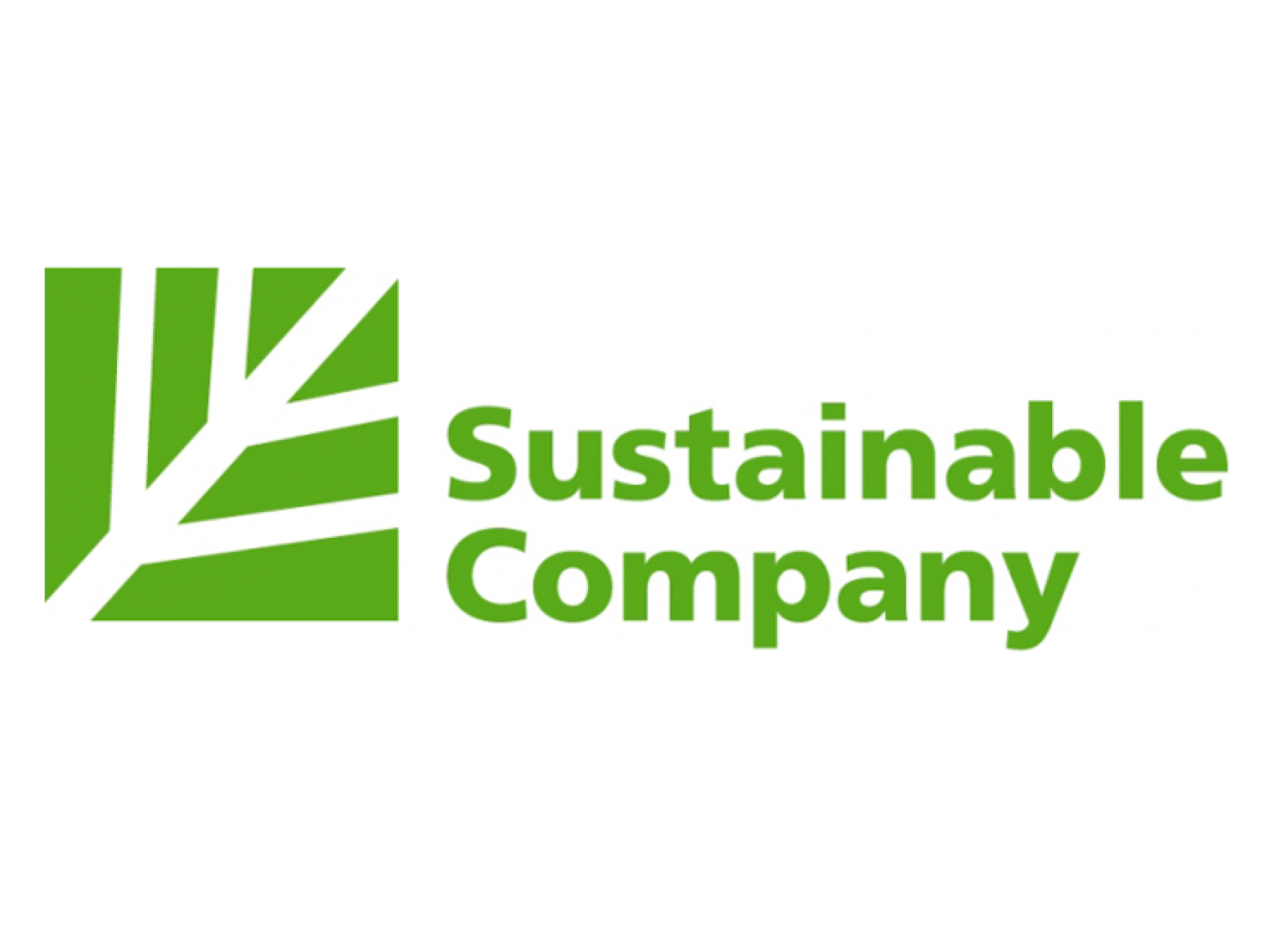The danger with sustainability is that it becomes a box-ticking exercise, and that businesses may actually lose sight of the rationale behind it in the rush for the all-important sustainable business credentials.
Perhaps we shouldn't be too concerned by this because with familiarity comes understanding and to a certain extent, it has already happened. We now have terms like 'greenwash' where companies might spend a lot of money touting their 'green credentials', and rather less making systemic changes to their businesses to reduce waste and consumption; but any well managed business now looks at sustainability as a practical framework for reducing costs and increasing profitability.
